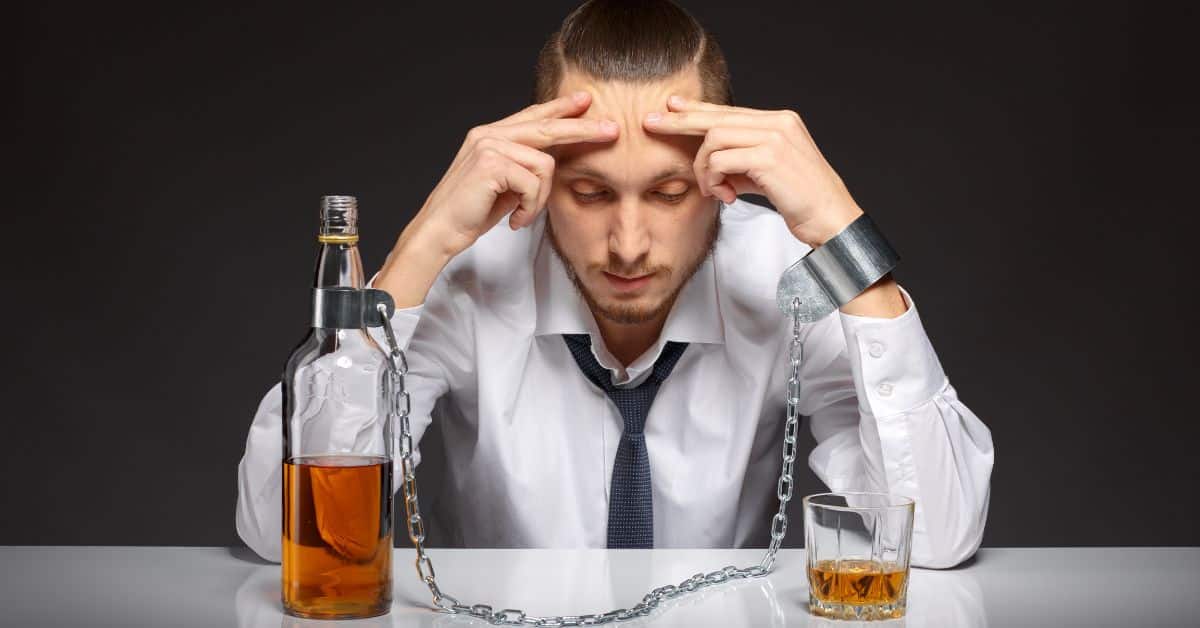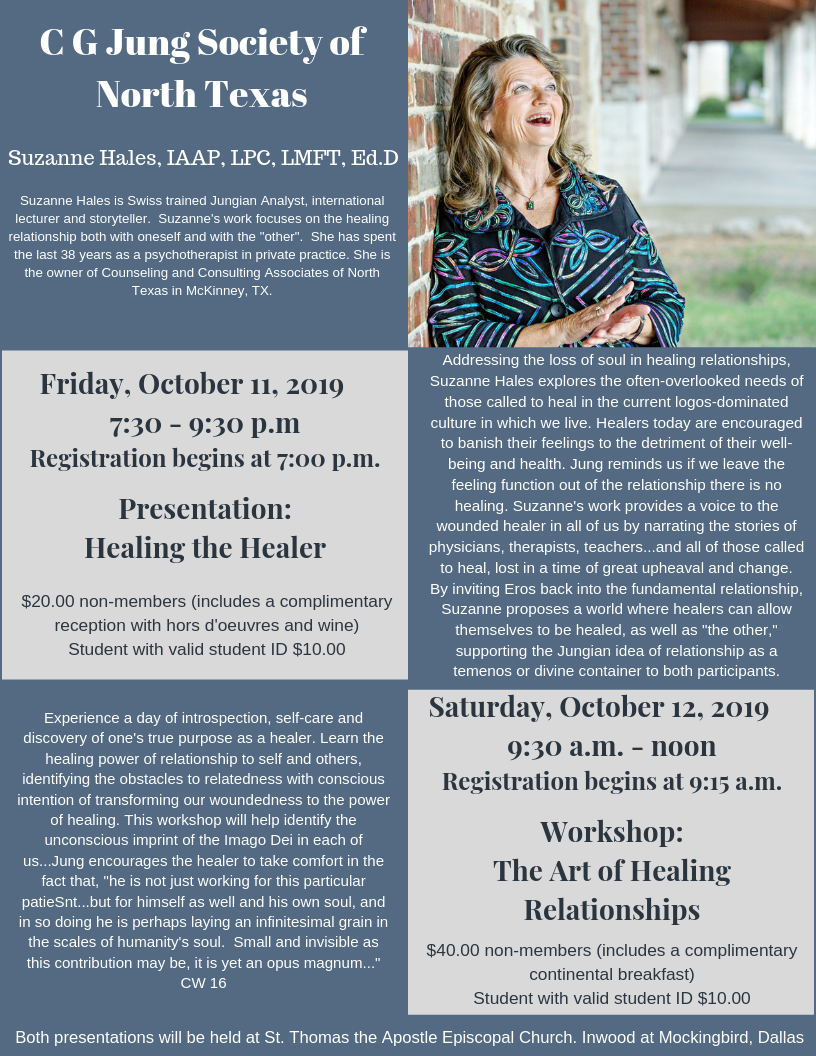Alcohol may seem like a temporary fix to unwind and relax, but it can have significant effects on your mental health. Many individuals who suffer from anxiety find that alcohol exacerbates their symptoms rather than providing relief. While alcohol might provide an initial sense of relaxation or euphoria, it can ultimately intensify feelings of anxiety and create a cycle of dependency. This article explores why alcohol makes anxiety worse, the science behind this, and how you can take control of your mental health.
The Science Behind Alcohol and Anxiety: Understanding the Link
Understanding the connection between alcohol and anxiety requires delving into how alcohol affects the brain.
- Alcohol is a central nervous system depressant, meaning it slows down brain activity.
- Initially, alcohol can produce feelings of relaxation and euphoria by increasing the release of dopamine, a neurotransmitter associated with pleasure.
- However, alcohol also lowers serotonin levels in the brain, which can worsen mood and increase feelings of anxiety.
How Alcohol Alters Brain Chemistry
When you consume alcohol, it disrupts the delicate balance of chemicals in your brain.
- Dopamine Boost: The initial euphoria is linked to a spike in dopamine, making you feel good.
- Serotonin Disruption: Over time, alcohol lowers serotonin levels, leading to mood swings, irritability, and anxiety.
- GABA and Glutamate: Alcohol also interacts with GABA (gamma-aminobutyric acid) and glutamate, neurotransmitters that regulate brain activity. This interaction can cause a temporary sedative effect, but it also results in a rebound anxiety effect once alcohol wears off.
Short-Term vs Long-Term Effects of Alcohol on Anxiety
Alcohol’s impact on anxiety can differ based on the duration and frequency of consumption.
- Short-Term Effects: In the short term, alcohol may appear to ease anxiety, but this is often followed by heightened anxiety once the effects wear off.
- Long-Term Effects: Chronic alcohol use can lead to long-term anxiety disorders, as the brain becomes reliant on alcohol to regulate mood, making it harder to cope with anxiety without drinking.
Why Alcohol Can Make Anxiety Worse for People Prone to Mental Health Issues
Individuals with pre-existing mental health conditions such as generalized anxiety disorder (GAD) or panic disorder may be more vulnerable to the negative effects of alcohol.
- Increased Vulnerability: Alcohol interferes with medications used to treat anxiety disorders, reducing their effectiveness and worsening symptoms.
- A Vicious Cycle: Drinking to cope with anxiety can lead to a vicious cycle where the individual becomes dependent on alcohol, only to experience worsening anxiety and depression over time.
The Role of Alcohol in Anxiety Triggers: A Closer Look
Alcohol can also serve as a trigger for anxiety in individuals prone to it.
- Sleep Disruption: Alcohol disrupts the sleep cycle, leading to poor quality sleep, which is a known trigger for anxiety.
- Physical Symptoms: Hangovers can cause physical symptoms like dehydration, which may worsen feelings of anxiety.
- Social Anxiety: Social situations involving alcohol can increase feelings of nervousness and self-doubt, especially if alcohol consumption leads to poor decision-making.
Strategies to Reduce Anxiety Caused by Alcohol
If you are struggling with anxiety related to alcohol consumption, several strategies can help:
- Limit Alcohol Intake: Reducing or avoiding alcohol can alleviate anxiety symptoms.
- Mindfulness Practices: Meditation, yoga, and deep breathing exercises can help manage anxiety naturally.
- Stay Hydrated: Drinking plenty of water can help counteract the dehydrating effects of alcohol, reducing its impact on anxiety.
How to Manage Anxiety Effectively Without Turning to Alcohol
It is important to find healthy ways to manage anxiety rather than relying on alcohol.
- Therapy: Cognitive-behavioral therapy (CBT) has proven effective in treating anxiety without the use of substances.
- Physical Activity: Exercise releases endorphins, which can naturally combat anxiety and improve your mood.
- Support Systems: Building a support network of friends, family, or a mental health professional can provide additional coping mechanisms.
The Importance of Professional Help: Seeking Therapy for Anxiety
If anxiety is significantly affecting your life, professional help may be necessary.
- Therapists and Psychiatrists: Mental health professionals can help you develop coping strategies and, if needed, prescribe medications to manage anxiety.
- Support Groups: Joining a support group can provide you with tools to deal with anxiety and alcohol, and connect you with others facing similar challenges.
FAQs
Q1: Can alcohol cause panic attacks?
Yes, alcohol can trigger panic attacks, especially in people who are already prone to anxiety. The depressant effects of alcohol can cause an initial sense of relief, followed by heightened anxiety, which can lead to panic attacks.
Q2: How can I stop drinking to cope with anxiety?
To stop drinking as a way of coping, consider finding alternative methods like therapy, exercise, or support groups to manage your anxiety in healthier ways.
Q3: Does drinking alcohol affect anxiety medication?
Yes, alcohol can interfere with anxiety medication, making it less effective and increasing the risk of side effects. It’s important to avoid alcohol while on medication for anxiety.
Q4: Why does alcohol make me feel anxious the next day?
Alcohol causes dehydration, alters your brain chemistry, and disrupts your sleep, all of which can lead to increased anxiety the day after drinking.
Q5: How can I manage social anxiety without alcohol?
Social anxiety can be managed by practicing relaxation techniques, preparing ahead for social situations, and gradually exposing yourself to more social experiences without alcohol.
Conclusion
While alcohol might seem like a quick fix for anxiety, it ultimately worsens the condition. Understanding the science behind alcohol’s effects on the brain and how it exacerbates anxiety is crucial for taking control of your mental health. By reducing alcohol intake and seeking healthier ways to manage anxiety, you can break free from the cycle of dependence and improve your overall well-being.



